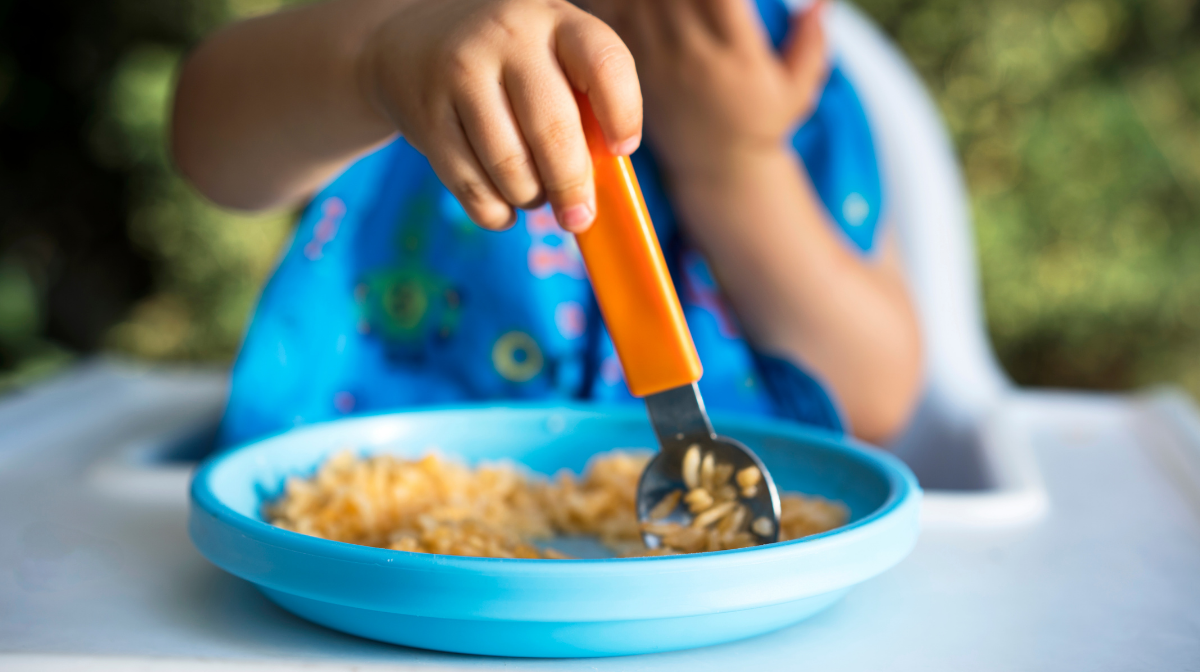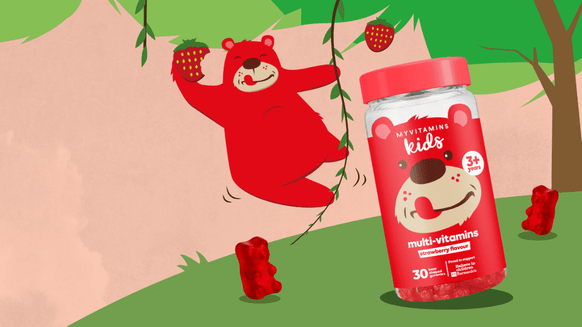NUTRITION
Is Your Toddler Eating Enough? Tips From Our Expert

What Should We As Parents Be Monitoring?
Notice the frequency in which they eat: A typical food related habit that toddlers do is that they graze. Grazing will often result in them not eating their main meals and this can be frustrating. Try to aim for regular meal and snack times to ensure there is minimal grazing in place.1 Look at how much they eat: A toddler's stomach is very small. Children often have great hunger and satiety cues and we need to ensure as parents we are not changing that. Don’t force feed yourself and let them lead the way. Monitor your child's growth and weight: As long as your toddler has a lot of energy and is growing properly, they are likely eating fine. Factors like genetics, general development, and ethnicity all come into play when determining a healthy weight and height for toddlers. However keeping an eye on their trajectory and centile of weight is a great way to put your mind at ease. Provide all five food groups at each meal: Make sure your toddler has grains, vegetables, fruits, protein, and dairy at every meal. Add a very small amount of fats as well. Offering your toddler a variety of foods from all of the major food groups throughout the day will ensure they have access to all the nutrients they need to grow and stay healthy. It will also help to prevent your child from wanting to eat the same foods all of the time and of getting bored with their food options. This lets them play a role in their own eating habits.
How Much Should My Toddler Eat In A Day?
- Grains: 6 servings
- Vegetables: 3 servings
- Fruits: 2 servings
- Protein: 2 servings
- Dairy: 16 to 24 ounces of milk (or equivalent amount of calcium-rich foods like cheese and yogurt)
- Water: 8 to 32 ounces
- Sweets: Very sparingly
What Is A Typical Toddler Serving Size?
Take Home Message

Jenaed Gonçalves Brodell Writer and expert
- Ramos, M., & Stein, L. M. (2000). Development children’s eating behavior. J Pediatr (Rio J), 76(Supl 3), 229-37.
- Jackson, R. L., Hanna, F. M., & Flynn, M. A. (1962). Nutritional requirements of infants and children. Pediatric Clinics of North America, 9(4), 879-910.
- Nair, R., & Maseeh, A. (2012). Vitamin D: The “sunshine” vitamin. Journal of pharmacology & pharmacotherapeutics, 3(2), 118–126. https://doi.org/10.4103/0976-500X.95506
- Andıran, N., Çelik, N., Akca, H., & Doğan, G. (2012). Vitamin D deficiency in children and adolescents. Journal of clinical research in pediatric endocrinology, 4(1), 25.
- Andıran, N., Çelik, N., Akca, H., & Doğan, G. (2012). Vitamin D deficiency in children and adolescents. Journal of clinical research in pediatric endocrinology, 4(1), 25.
- Munns, C. F., Shaw, N., Kiely, M., Specker, B. L., Thacher, T. D., Ozono, K., … & Högler, W. (2016). Global consensus recommendations on prevention and management of nutritional rickets. Hormone research in paediatrics, 85(2), 83-106.
- Misra, M., Pacaud, D., Petryk, A., Collett-Solberg, P. F., & Kappy, M. (2008). Vitamin D deficiency in children and its management: review of current knowledge and recommendations. Pediatrics, 122(2), 398-417.





